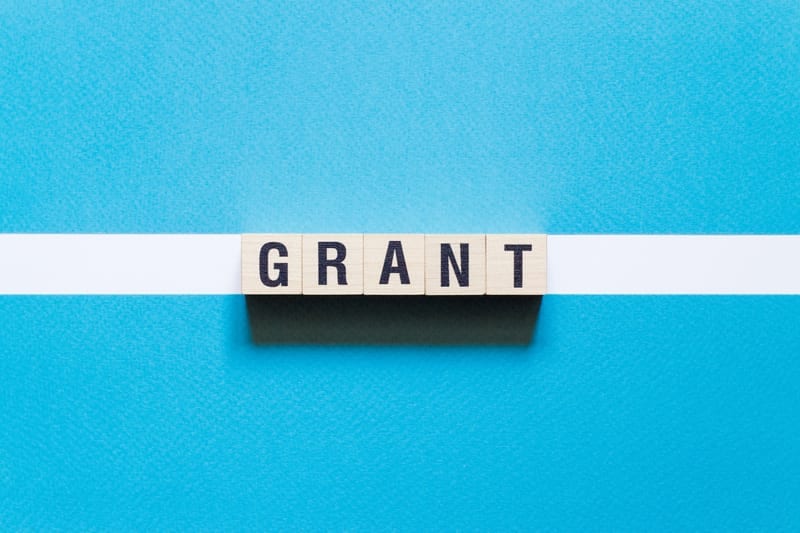PathMaker Neurosystems Inc was awarded a Phase I STTR grant from NIH’s National Institute of Neurological Disorders and Stroke (NINDS).
The $371,000 award will enable the completion of key pre-clinical studies evaluating the effect of treatment with PathMaker’s breakthrough technology for motor neuron hyperexcitability suppression in transgenic ALS mice, the company announces in a media release.
“There is tremendous unmet medical need for new treatment options for ALS. Only three drugs are currently FDA-approved for the treatment of ALS, but their effectiveness is limited. We are hopeful that a non-invasive approach to suppressing overactive motor neurons involved in ALS can offer a new modality for treating this devastating disease.”
— Nader Yaghoubi, MD, PhD, President and Chief Executive Officer at PathMaker
The pre-clinical studies funded by this Phase I STTR award will be conducted by Prof. Zaghloul Ahmed, Professor and Chair, Department of Physical Therapy, and Professor of Neuroscience at the College of Staten Island/CUNY, and Scientific Founder of PathMaker.
“We have seen exciting results in preliminary studies using our non-invasive approach in transgenic ALS mice, and we have begun presenting these results at scientific conferences,” Prof Ahmed says. “We are looking forward to expanding the scope of our pre-clinical studies and building a robust foundation to rapidly move this novel technology towards application in people with ALS.”
This grant is the second NIH award for PathMaker. In 2018, the Company was awarded $5M to support the advancement of its first product through the NINDS CREATE Device program. The device, called MyoRegulator, is a first-in-class non-invasive therapeutic device for the treatment of muscle spasticity and has been evaluated in two IRB-approved clinical trials, per the release.
[Source(s): PathMaker Neurosystems Inc, GlobeNewswire]
Related Content:
Medical Device as Post-Stroke Spasticity Reducer Shows Promise
Results from MyoRegulator for Spasticity Trial Published
Study Suggests Link Between Spasticity and Overexpression of a Specific Neuronal Cotransporter




